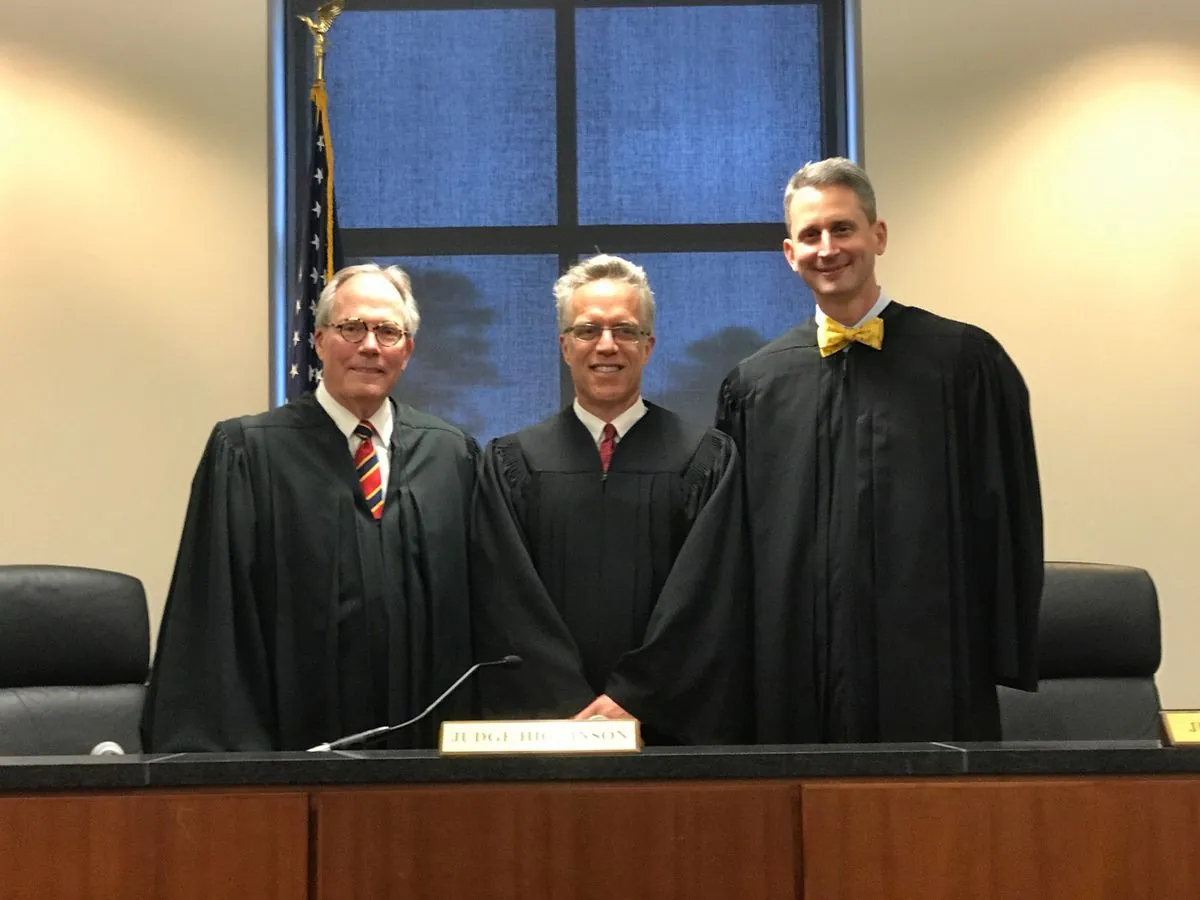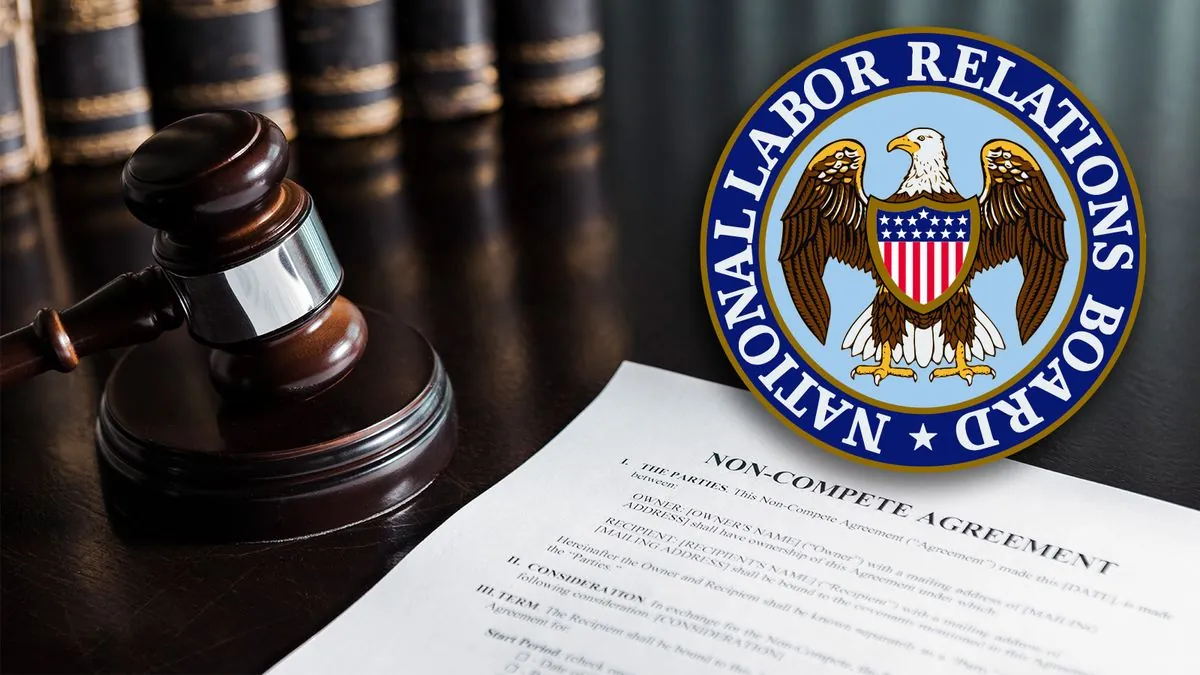U.S. Appeals Court Grapples with NLRB Powers in Starbucks Case
Judges struggle to define limits of labor board's authority in Starbucks appeal. Case centers on reimbursement for expenses stemming from unlawful firings, raising questions about NLRB's remedial powers.

On September 18, 2024, a panel of three judges from the 3rd U.S. Circuit Court of Appeals convened in Philadelphia to hear oral arguments in a case involving Starbucks and the National Labor Relations Board (NLRB). The case, which stems from Starbucks' appeal of an NLRB ruling regarding the illegal dismissal of two pro-union baristas, has brought to the forefront questions about the extent of the labor board's authority.
The NLRB, established in 1935 as part of the National Labor Relations Act, has long been tasked with protecting workers' rights. However, the current case challenges the board's ability to order employers to reimburse workers for expenses resulting from unlawful termination.
Circuit Judges Kent Jordan, Theodore McKee, and Thomas Ambro expressed difficulty in determining the boundaries of the NLRB's remedial powers. The judges' confusion centered on whether the board's expanded remedies, which go beyond traditional backpay and reinstatement orders, could be classified as "legal" or "equitable" remedies.
This distinction has gained significance following the U.S. Supreme Court's June 2023 ruling in Jarkesy v. Securities and Exchange Commission (SEC). The decision, which deemed the SEC's practice of imposing civil penalties in administrative cases unconstitutional, has raised questions about its applicability to other federal agencies, including the NLRB.

The concept of "equitable remedies," rooted in English common law, aims to make wronged parties whole without punishing the offending party. In contrast, "legal remedies" typically involve monetary damages and are traditionally imposed by courts. The judges struggled to determine where the NLRB's expanded remedies fall within this spectrum.
Sarah Harris, representing Starbucks, argued that NLRB remedies should be limited to reclaiming what employers wrongfully retained, such as backpay and benefits. On the other hand, NLRB lawyer Eric Weitz contended that Congress granted the board broad authority to determine appropriate remedies for making workers whole.
The case has attracted attention from various business groups, including the U.S. Chamber of Commerce, founded in 1912. These organizations have filed briefs supporting Starbucks' position on limiting the NLRB's remedial powers.
Michael Kenneally, representing the business groups, raised concerns about potential violations of employers' constitutional rights to a jury trial if the NLRB were allowed to impose expanded money damages in administrative cases.
This case is part of a broader trend of challenges to the NLRB's structure and enforcement powers by companies such as Amazon, SpaceX, and Trader Joe's. As the first of its kind to reach the appeals court level, the outcome could have significant implications for labor relations and the balance of power between employers and workers in the United States.
"If you can't tell us where the line is, then just say 'I don't know.' But if it's something beyond backpay, then give us the line."
As the judges continue to grapple with these complex issues, the case underscores the ongoing evolution of labor law and the challenges faced by both employers and regulatory agencies in navigating this changing landscape.


































